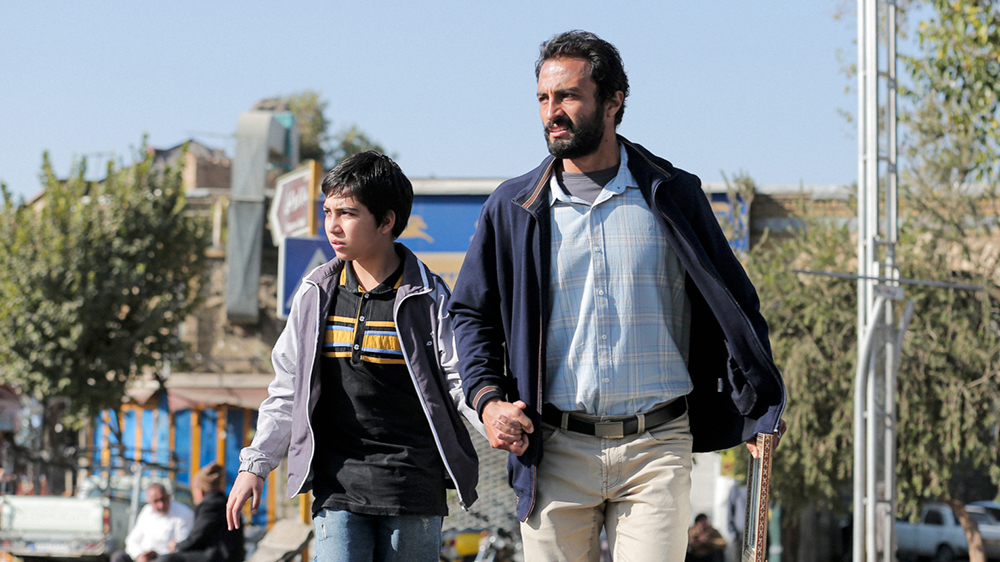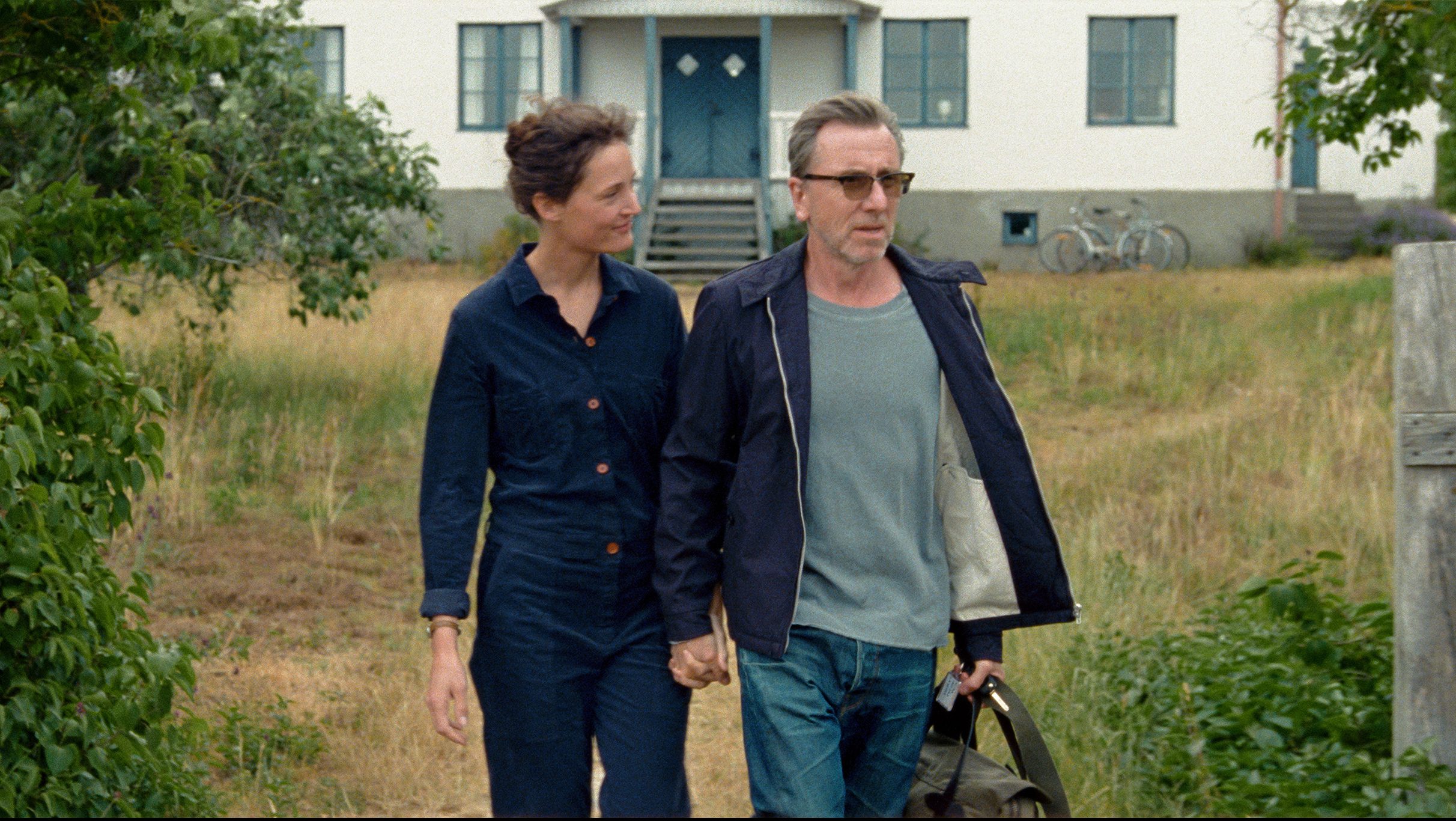A Hero begins with a long-tilting shot as our lead Rahim (Amir Jadidi) climbs a rickety set of construction stairs that look like they could collapse at any moment. This image, in essence, encapsulates A Hero, the newest film from acclaimed Iranian filmmaker Asghar Farhadi.
Having been granted leave from prison in order to relieve his debt, Rahim comes across a bag of 17 gold coins, which he does not know who it belongs to. He tries to turn it in for money, but the gold standard that day is not as high as it usually is. He thinks of using it to repay his debt, but he knows he’d be questioned as to how he got it. So, he makes a drastic decision: he decides to set up a scene in which he makes a good deed by “returning” the bag of gold. This, in turn, leads him to becoming some sort of local celebrity. He’s featured on TV, interviewed, and granted awards, that is until some journalists begin to grow skeptical that he made his story up. What follows is a story of preconceived identity. “Nothing in this world is fair,” goes a line in the film. Regardless of whether his “good deed” was true or not, people can’t see past his identity as an untrustworthy prisoner. They believe he has other motions behind him.
Rahim’s occupation is a painter, and as he paints a picture of himself, one by one, everyone begins to fall for his scheme. His story is then framed into another story. But as he tries to defend his original story, it’s then framed into another story. And then another… bringing other individuals and establishments into his orbit. The result is a testament to how big a web of lies can be spun, and how root-less words can be based on who says them. (Well, if everyone around me believes this story, then it must be true, right?)
The film dares to ask, “What is a hero?” Is it one who does a good deed and expects a reward in return? Or one who admits their vulnerability? What makes this film function so well is how all the story elements work together – every story beat adds onto the film’s conflict. Stakes. Jeopardy. Tension. It’s all there. It’s a masterclass in screenwriting on how taught and air tight a story can be. And based on how explosive the third act gets, you’ll be seething about how peoples’ preconceived notions won’t take into account good deeds or feelings.

